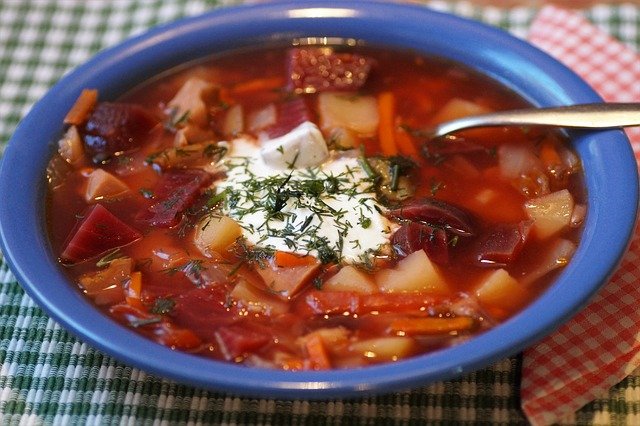ЖЕ: particle or conjunction? Posted by bota on Dec 14, 2020 in Grammar, language, Russian for beginners, Uncategorized
ЖЕ [pronounced “zhe”, see here for audio] can be either a particle or conjunction. Either way, it is written separately from the words it modifies and can add a lot of “flavor” to your Russian.
ЖЕ as a particle
The main function of this particle is to either intensify the word before, or show the similarity between things. In the first instance, the message that is being intensified can range from persuasive to threatening and everything in between. For example:
Отста́ньте же от меня́! (Leave me alone for crying out loud!)
Here, particle же intensifies the word “отстаньте” before it, so the sentiment of “leave me alone” is stronger than if the speaker were to omit же and only say “Отста́ньте же от меня́” While the message of this exclamation is already very straight-forward, “же” adds a nice touch of finality to the speaker’s irritation with whoever is not leaving them alone [hence the “crying out loud” part].
Particle же can intensify different parts of speech, for example:
Noun:
Поду́маешь, что дие́та! Ну, я́блоко же тебе́ мо́жно съесть?
So, what if you are on a diet! You are allowed to eat an apple, aren’t you?
Adjective/numeral:
Паша́ бро́сил музыка́льную шко́лу на пе́рвом же го́ду обуче́ния.
Pasha dropped out of music school during his very first year.
Pronoun:
Сро́чно позвони́ Ка́те! Она́ же не зна́ет про сего́дняшний экза́мен!
Call Kate immediately! She doesn’t know about today’s exam!
Now, let’s look at же as an agent of drawing similarity between things.
Мы пригото́вили тако́й же нава́ристый борщ как у ба́бушки.
We made hearty borscht the way grandma used to make it.
Же functions as an equalizer of heartiness between the two soups.
Note: же can also be written as ж, depending on which version leaves the sentence more sonorous.
Ты же сказа́л, что успе́ешь сде́лать дома́шнюю рабо́ту сего́дня. = Ты ж сказа́л, что успе́ешь сде́лать дома́шнюю рабо́ту сего́дня.
You said you would finish your homework tonight.

Image by Gerd Altmann from PixabayЖе as conjunction.
Же is known as противительный союз (adversative conjunction) and shows opposition between characteristics or functions of things. Other adversative conjunctions in Russian include а, да (when it means «но»), но, однако, зато, только (when it means «но»).
Мои́ мла́дшие бра́тья усну́ли в маши́не, я же не сомкну́ла глаз до прихо́да домо́й.
My younger brothers fell asleep in the car, while I stayed up all the way till we got home.
Notice that it’s relatively easy to substitute же with another adversative conjunction, like “а” though the meaning is slightly different.
Мои́ мла́дшие бра́тья усну́ли в маши́не, а я не сомкну́ла глаз до прихо́да домо́й.
My younger brothers fell asleep in the car, but I stayed up all the way till we got home.
Another common way to effectively use particle же is when building up to a contrasting conclusion, for example:
Пять дней в неде́лю Маша́ проводи́ла по ча́су на авто́бусе и ещё пол ча́са шла пешко́м что́бы дое́хать до ста́рой части города. Домо́й она́ возвраща́лась после 9. И всё же она́ ходи́ла к свое́й ста́рой учи́тельнице по матема́тике на дополни́тельные заня́тия.
Five days a week Masha would spend an hour by bus and 30 minutes on foot to get to the old part of town. She would come home after 9. Nevertheless, she continued to attend extra lessons with her old math teacher.
It helps that же serves distinctly different functions as a particle vs conjunction. Did this blog leave you curious for other fun facts about же? See another popular blog on this channel about тоже and также here.

Build vocabulary, practice pronunciation, and more with Transparent Language Online. Available anytime, anywhere, on any device.





